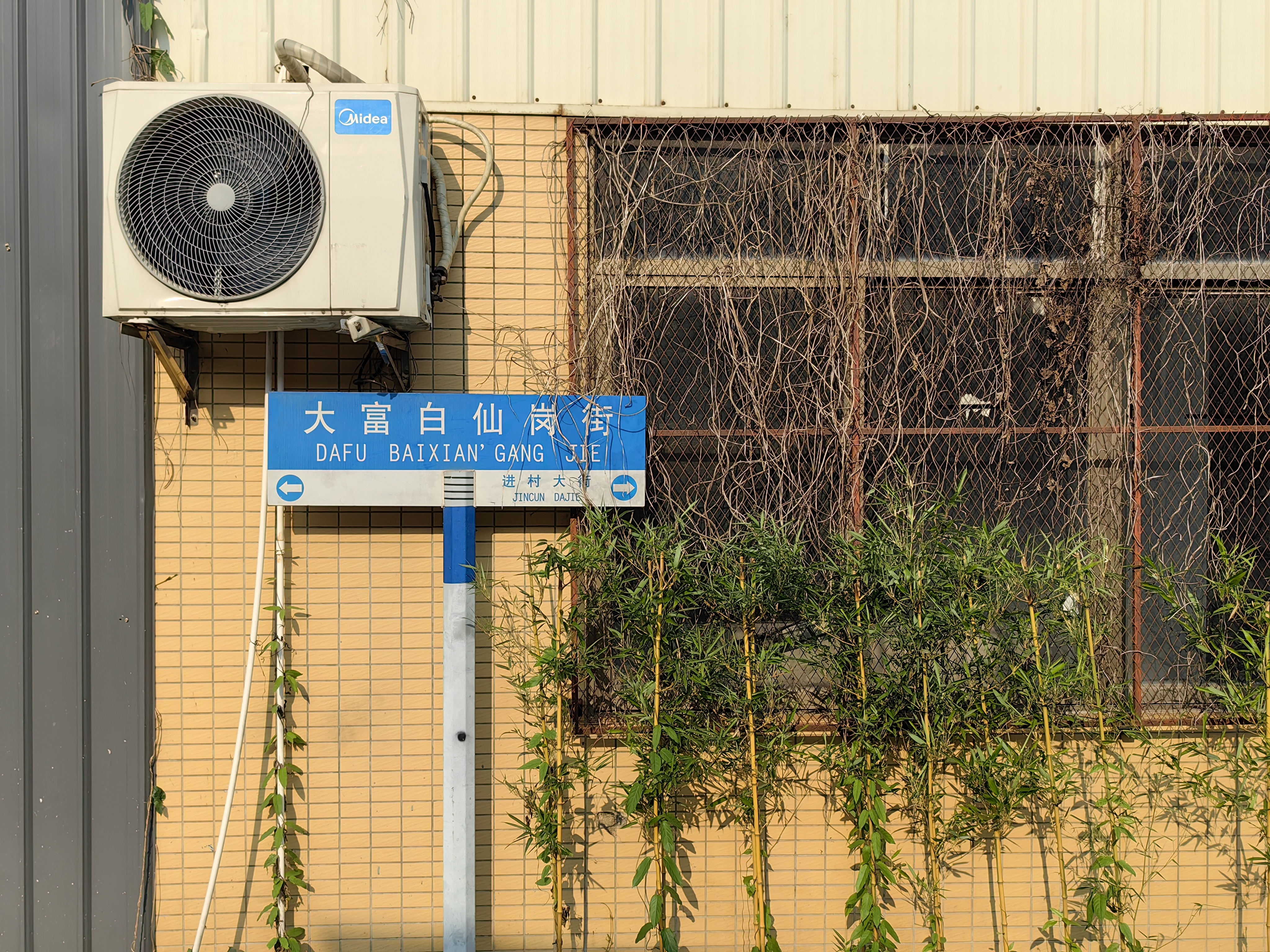
_cuva
As the world enters the summer season, the Chinese solar term of Lixia marks the official arrival of summer. This traditional term, which fell on May 5th or 6th this year, is a time of celebration and cultural significance in China.
Lixia, also known as “Beginning of Summer,” marks the transition from spring to summer in the Chinese lunar calendar. It is the seventh solar term in the traditional Chinese calendar, and it marks the point when the sun reaches the celestial longitude of 45 degrees.
The term Lixia has a rich cultural and historical significance in Chinese tradition. During this time, people in China hold various festivities and rituals to celebrate the arrival of summer. In ancient times, farmers would pray for good weather and harvest, while others would visit temples to pay their respects to ancestors and deities.
One of the most popular traditions during Lixia is the consumption of seasonal foods such as wheat, barley, and beans. People believe that these foods provide nourishment and energy during the hot summer months. Additionally, people also decorate their homes with greenery and flowers to symbolize growth and vitality.
The significance of Lixia extends beyond cultural traditions and into modern times, particularly in the field of agriculture. Farmers use this term to mark the beginning of the summer growing season, and it is an important time for planting and sowing crops.
In recent years, the celebration of Lixia has gained global attention due to the increasing popularity of traditional Chinese culture. Many people around the world are fascinated by the ancient Chinese solar terms and the rich history and traditions behind them.
Furthermore, the Chinese solar terms, including Lixia, have gained recognition in the scientific community for their potential use in climate research. Scientists have been studying the relationship between solar terms and climate patterns, which could provide valuable insights into climate change and global warming.
As we enter the summer season, it is important to appreciate the significance of Lixia and the cultural heritage it represents. It provides an opportunity to connect with traditional Chinese culture, which has a deep and rich history. Moreover, it offers an occasion to reflect on our relationship with nature and the environment, particularly as we face the challenges of climate change.
In conclusion, Lixia is a significant solar term in the Chinese calendar, marking the beginning of the summer season and carrying cultural and historical significance. From ancient traditions to modern agriculture practices and climate research, the impact of Lixia extends beyond China and into the global community. Let us appreciate the richness and diversity of traditional Chinese culture and the valuable knowledge it provides for our world as we embrace the summer season.
